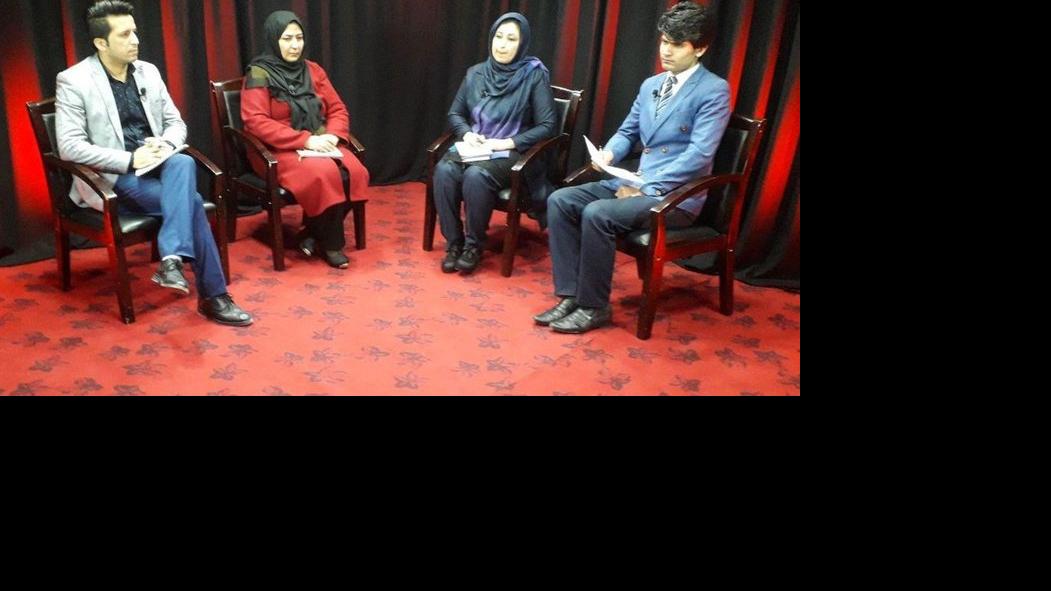HERAT - Mediation cannot replace the protections provided by the laws of Afghanistan, said Herat panellists in a UN-backed televised discussion focused on improving Afghan women’s access to the country’s formal justice system.
The panel, consisting of representatives from government and civil society, outlined the main impediments to justice for Afghan women, including harmful traditional practices, a lack of judicial facilities at the district level and local powerbrokers intervening in cases of gender-based violence.
“Community leaders and influential powerbrokers often interfere when women are trying to seek justice for the violation of their rights,” said panellist Aziza Karimi, a Herat women’s rights activist.
Another panellist, civil society activist Jawad Amid, said that the stigmatizing of female victims of violence by community members and law enforcement officials, along with women’s mistrust of the judiciary, make it difficult for them to seek and access justice.
“We witness that women are predominantly seeking justice through their families and communities because there is a lack of trust in the judicial system,” he observed.
Afghanistan’s Elimination of Violence against Women (EVAW) law, which came into force in 2009, led to EVAW prosecutors being put in place in all of Afghanistan’s 34 provinces, with special EVAW courts established in key urban centres. Despite these developments, significant gaps remain in enabling women to access legal remedies when faced with violence.
UNAMA’s 2018 report ‘Injustice and Impunity: Mediation of Criminal Offences of Violence Against Women’ documents the individual experiences of Afghan women survivors of violence across the country. In the criminal cases of violence against women outlined in the report, the majority were mediated by traditional dispute resolution mechanisms.
The report notes that mediation in criminal cases serves to normalize violence against women and undermine confidence in the criminal justice system. The report recommends that the government adopt legal, institutional and policy reform, including strengthening the capacity of the criminal justice system to protect survivors, adopting common standards across judicial mechanisms and implementing EVAW more effectively, especially in rural areas.
The Herat panellists, for their part, made several similar recommendations, including to invest heavily in women’s education to help overcome inequality and eliminate economic dependence and endemic poverty.
Organized by UNAMA’s Herat regional office, the TV programme was broadcast to an audience estimated at one million people in and around Herat’s capital as part of a countrywide outreach programme aimed at creating platforms – using radio, television and social media – to enable Afghans to engage in dialogue on pressing issues affecting their communities.
UNAMA is mandated to support the Afghan government and relevant international and local non-governmental organizations to assist in the full implementation of the fundamental freedoms and human rights provisions of the Afghan Constitution and international treaties to which Afghanistan is a state party, in particular those regarding the full enjoyment by women of their human rights.






